A few weeks into kindergarten, my oldest came home and dropped the mother of all swear words. I struggled not to laugh because he used the word in conversation so nonchalantly. We don't swear at home, so I knew he must have heard it at school. One quick conversation was all it took to resolve the issue.
What should you do if your child learns to swear? As a former Montessori teacher and mom of three, here's my approach.
How to Stop Bad Language in Children: 5 Steps
The best approach to stopping bad language in children depends on how they're using the words. For example, when my son came home from kindergarten saying a bad word, he only swore because he didn't know what the word meant and wanted to try it out. By the age of 11 or 12, research shows older children understand bad words and use them in the correct contexts.
Here are some steps to try, depending on your child's age and how they're using the words.
1. Stay Calm and Curious
When to Use: First time you hear your child say a bad word.
When my child or a student has blurted out a bad word, my first goal is to try to stay calm. Whether your impulse is to laugh or get angry, overreacting can give these words more importance, making the words more intriguing.
Unfortunately, kids also have a keen ear for new and exciting words. It's not uncommon for parents to lament, "She heard the f word once and now she keeps repeating it! Why can't kids repeat other words instead?" It often comes down to how we, the parents, react.
A big reaction and lots of attention can result in your child using the word more. They want to make you laugh or push your buttons. A calmer reaction to curse words can diminish their intrigue.
Katey Jensma, mom of a 4-year-old agrees, "I found when I removed the shock value to saying the word, she says them way less!"
Instead, try to approach your child with curiosity. Chances are, they're simply trying out a new word, just like they'd try using any new vocabulary word.
You can use different approaches, such as:
- Oh, where did you hear the word _______?
- Do you know what ______ means?
- Why did you say _________?
Depending on how your child responds, you can go from there and have an open conversation.
2. Be Open: Why Are Swear Words Taboo?
When to Use: Anytime
As a Montessori teacher and mom, I've learned that children are curious, especially about taboo topics. The more off-limits we try to make topics, the more they wonder why it's so secretive. If, as parents, we don't talk to our children about these topics, they'll learn about them elsewhere.
Explain what the word means in an age-appropriate way. For example:
S$#@: This word means poop in a vulgar way.
F$^#: This word can mean many things and is a very strong, offensive word.
Also, explain that sometimes, other people will be upset if they hear the word. Kids can often grasp more nuance than we think. For example, you can say that your child shouldn't use certain words at school.
3. Teach What's Acceptable for Your Family
When to Use: If your child repeats swear words
You can create your own rules about what's socially acceptable in your family. Here are some options to consider when setting boundaries and teaching what's appropriate:
Alternative Words
If your child says a swear word, you might respond by naming the emotion. For example, "Wow, you sound ________ (excited, frustrated, or angry). Can you think of another way to say that?"
Consequences
You can use consequences that don't involve washing your child's mouth out with soap. Some families use a swear jar. With this consequence, whoever swears has to put a quarter into the jar.
Another consequence you might try is having your child journal about their feelings to find appropriate ways to express themselves.
For Families That Allow Bad Language: Swearing Doesn't Make You Cool
Teaching social skills is an essential part of understanding when using foul language is acceptable. Some families use more colorful language as a form of expression. Even if you allow swearing in your home, children need to understand how using bad language may affect them in other contexts.
Giselle Valenzano, mom of a 4-year-old girl, explained, "I want to guide her on what’s respectful and appropriate, but at the same time I never want her to feel like she has to hide her personality or 'tone herself down.' That’s the tricky balance."
You can encourage self-expression while also teaching what's expected in different settings. Just like children learn other social skills, such as when to say "excuse me," or how to manage a disagreement, children can also learn when swearing is inappropriate.
One important point to discuss is how swearing impacts a person's image. For example, someone who swears a lot may be perceived by others as angry, uneducated, or vulgar.
Children (and adults) can avoid a lot of trouble by refraining from swearing in settings like schools, churches, or on the playground.

4. Model
When to Use: Always
As much as possible, model the behavior you want to see in your child. If you don't want your child to swear, then you should also stop swearing. Or, if you want your child to learn "there's a time and a place," model that.
5. Ditch the Mom and Dad Guilt
When to Use: Always
Being a parent is hard, and it's ok to make mistakes. If you accidentally swear in front of your child when you've been trying not to, just apologize. By taking accountability, you model another appropriate and valuable behavior for your child.
The Ideal World Vs. Reality
In an ideal world, children wouldn't hear offensive words or strong language. Yet, the reality is that children will eventually hear foul language. Whether your child hears a potty-mouthed adult in the grocery store or picks up bad words at school, exposure is inevitable.
Many people avoid cursing around children and get upset if their child overhears swearing. I agree that exposing young children to bad language can be harmful in some contexts.
Why Can't Kids Hear Curse Words?
Like any word in the English language, children learn swear words eventually. My concern about young children hearing curse words has more to do with the context.
Are people swearing in anger with the intent to belittle others? Is the swearing in the context of yelling and fighting? In these cases, no matter what words people use, the negativity will come through. The negativity is more concerning than the actual words used and I try to shield my children from these situations.
In other contexts, 4 letter words are less charged. Some people use strong language playfully or to show surprise, which doesn't feel as dark and negative. This type of swearing doesn't bother me as much.
How to Stop Bad Language: Final Tips
Ultimately, every family needs to decide what constitutes foul language and their own boundaries. Through conversation, setting rules, and staying calm, your child will learn how to express themselves appropriately.
If your child has trouble, remember that changing thought patterns takes time. Also, anger and frustration are strong feelings that may override your child's ability to think clearly. So, just as you might give yourself grace for dropping an F bomb, offer the same grace to your child.
How does your family manage swearing? Tell us about your experiences in the comments below.
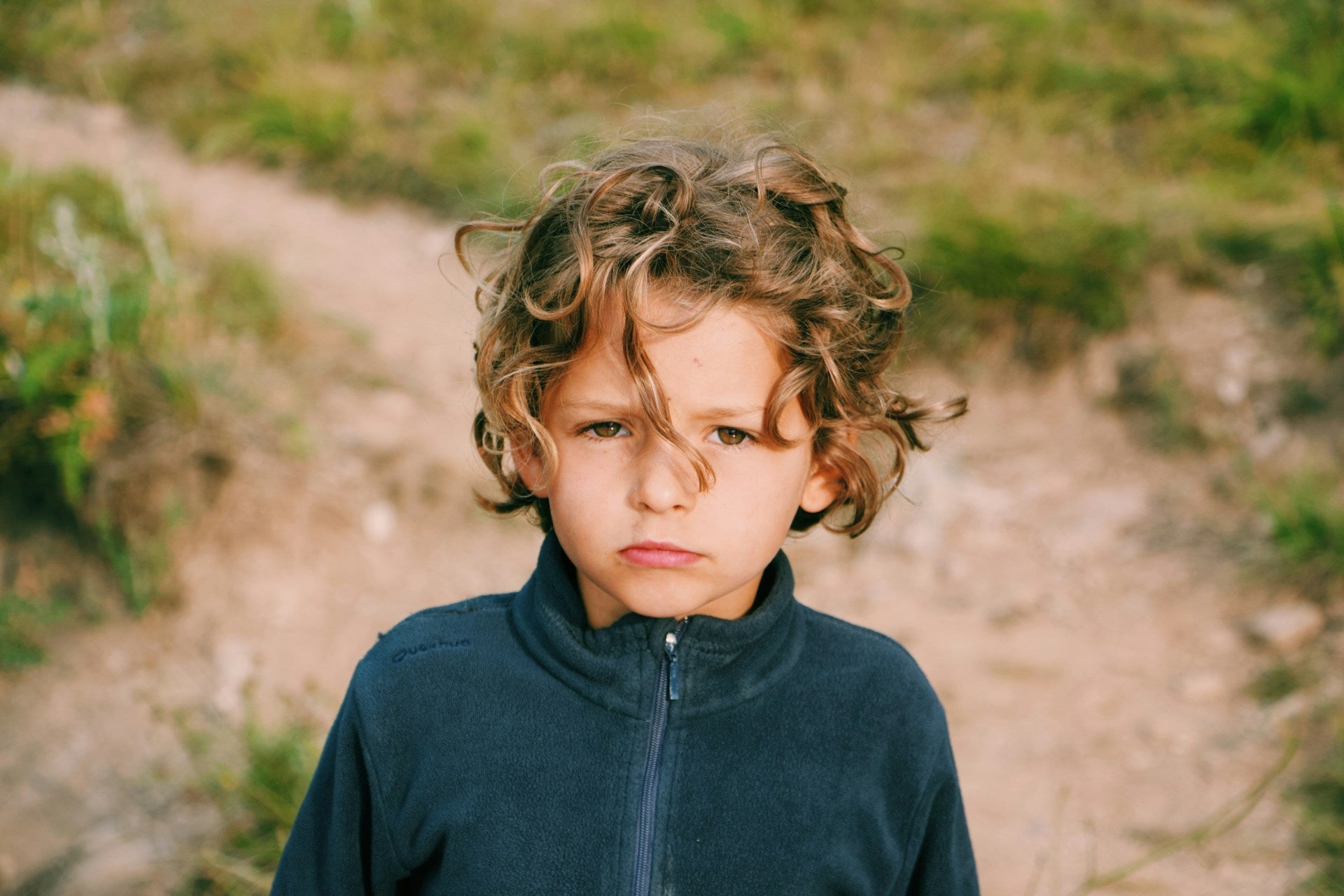

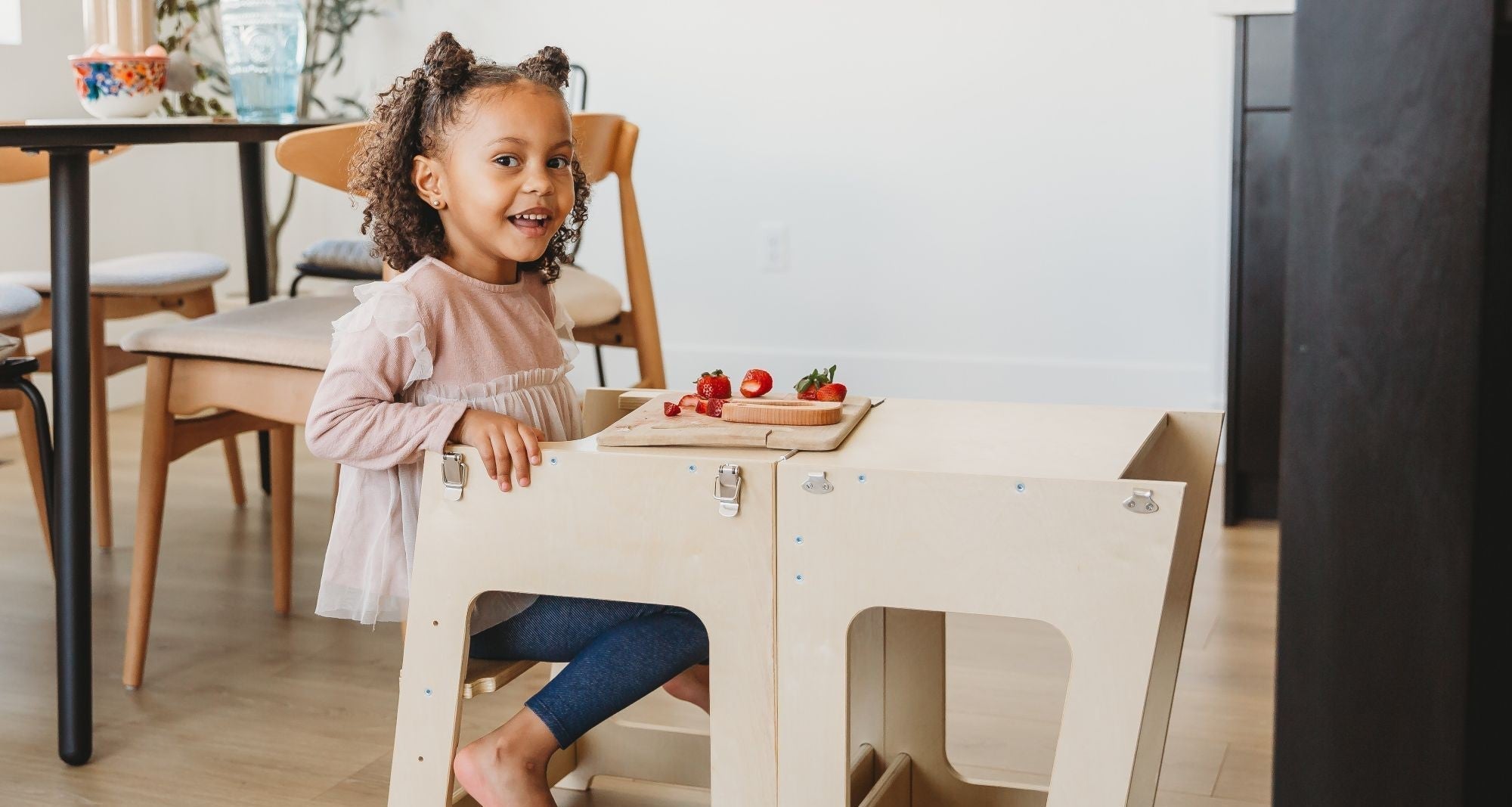
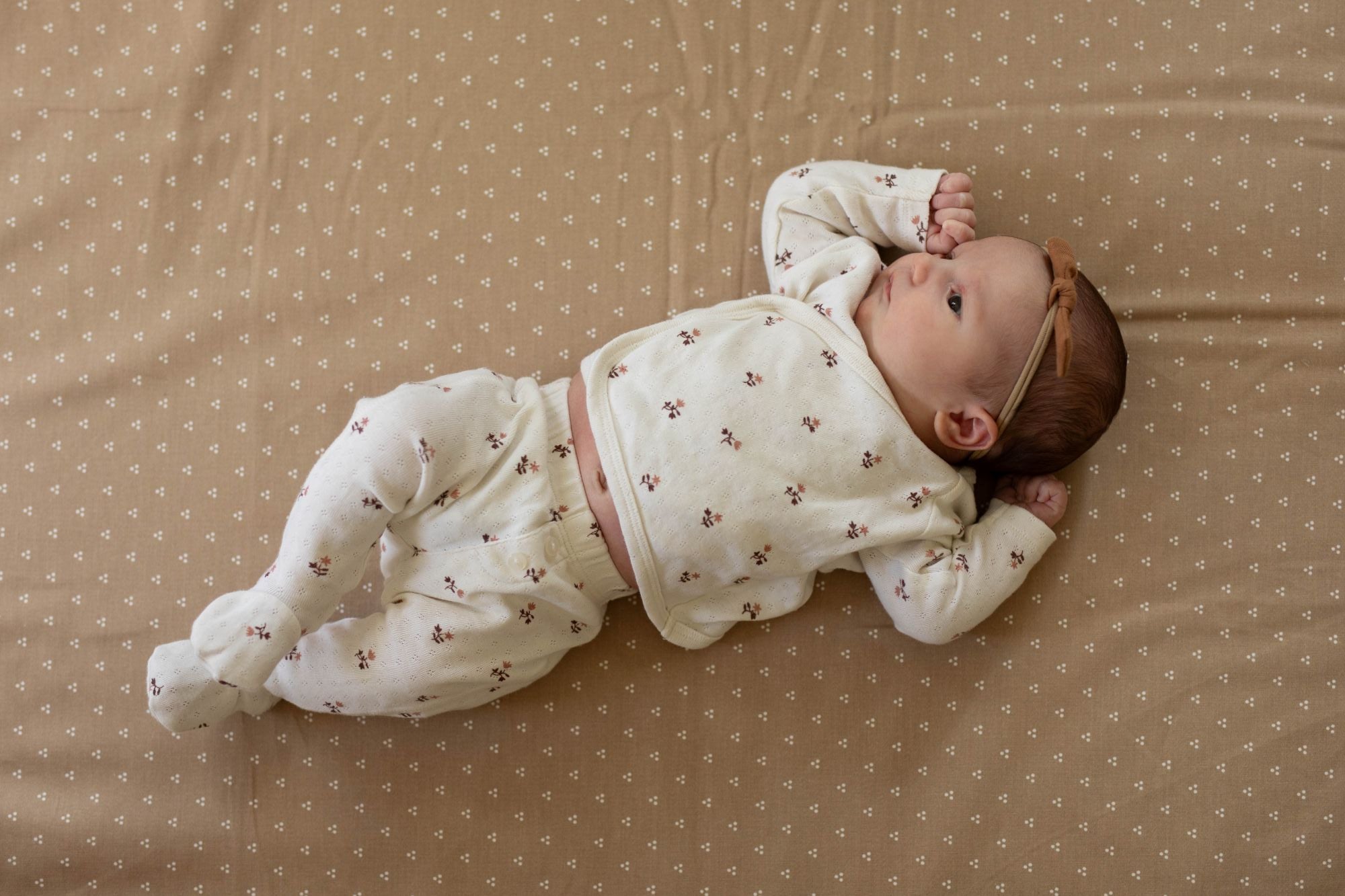
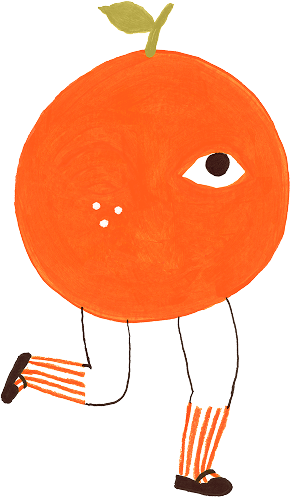
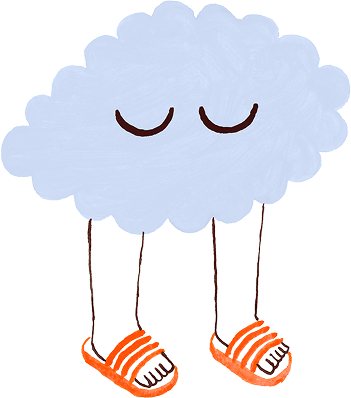
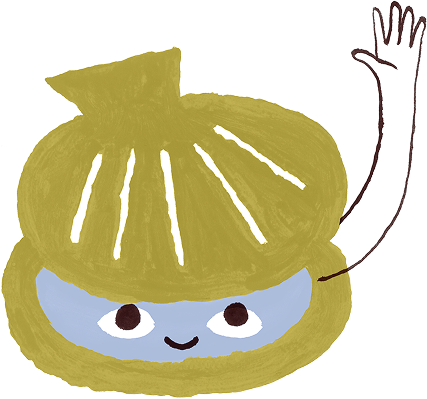

Leave a comment
This site is protected by hCaptcha and the hCaptcha Privacy Policy and Terms of Service apply.